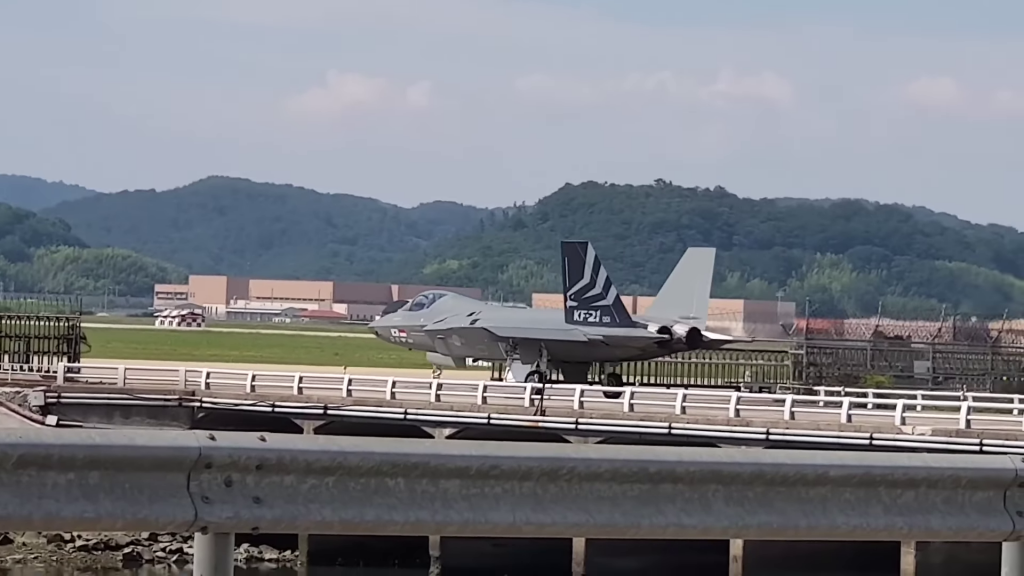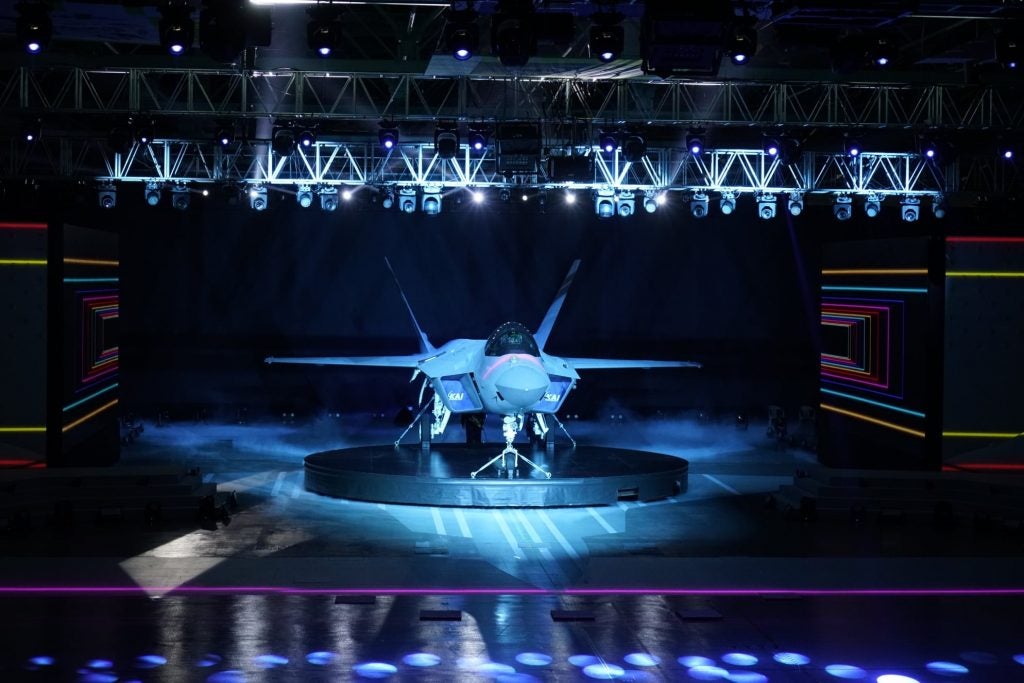Indonesia Strikes Deal To Cut Financial Stake In KF-21 Program
South Korea’s military procurement agency says that it has reached a deal with the Indonesian government to reduce its investment in development of the KF-21 Boramae fighter, following negotiations over delayed payments from Jakarta.
According to the Defense Acquisition Program Administration, the new deal will see Jakarta’s expected total contribution to the KF-21 project cut from 1.6 trillion won ($1.2 billion) to 600 billion won, a third of the original amount.
“We considered the bilateral relations between the two countries and other factors such as whether we would be able to fill the financial hole,” DAPA said in a statement issued on Friday. “After finishing the cost-sharing deal with Indonesia, we will aim to meet public expectations by finalizing the project successfully.”

DAPA officials told The Korea Times that technology transfer and other benefits from joint development would be “reduced proportionally”, but did not elaborate. In addition to engineers from Indonesian state-owned aircraft manufacturer PT Dirgantara Indonesia working on the program as part of the technology transfer scheme, the original plan called for 48 KF-21s to be locally assembled in Indonesia.
Korean officials also told the newspaper that Seoul has found ways to reduce the total project cost to 7.6 trillion won, down from the original projection of 8.8 trillion won. If the savings do materialize, the Korean government and KF-21 manufacturer Korea Aerospace Industries will only have to pay an additional 500 billion won by the time the first production KF-21s are delivered in 2026.
Jakarta had resumed payments for its stake in the program in November 2023, after halting payments in January 2019. However, its participation in the program was again called into question in February, after Korean authorities revealed that they had opened an investigation into a PT Dirgantara Indonesia engineer working on the program after they were caught smuggling a USB drive through a security checkpoint at a KAI facility.

